Are the Tides Turning for Advanced U.S. Nuclear?
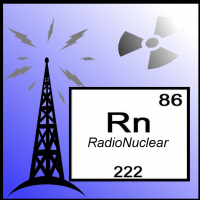 Welcome to the New Year! Even though I am on the road, there is just so much happening lately in nuclear I could not pass up the opportunity to talk about it! This episode of RadioNuclear, we take a look at recent and exciting legislation and policy for advanced nuclear. This includes the passages of the NEIMA and NEICA bills and what the Idaho National Laboratory may look like in the coming years. We also discuss the NRC's recent decision on post Fukushima regulation. Lastly, we look on how you can adopt a dog from the Chernobyl exclusion zone. No, I am not making that up!
Welcome to the New Year! Even though I am on the road, there is just so much happening lately in nuclear I could not pass up the opportunity to talk about it! This episode of RadioNuclear, we take a look at recent and exciting legislation and policy for advanced nuclear. This includes the passages of the NEIMA and NEICA bills and what the Idaho National Laboratory may look like in the coming years. We also discuss the NRC's recent decision on post Fukushima regulation. Lastly, we look on how you can adopt a dog from the Chernobyl exclusion zone. No, I am not making that up!


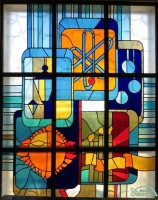
![tr-senate[1]](https://cdn.ans.org/cafe/2011/08/tr-senate16.jpg)
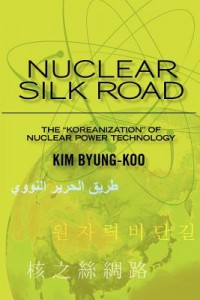
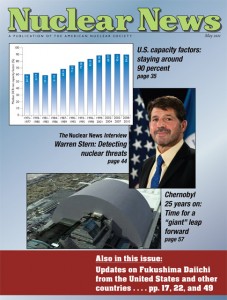
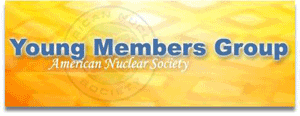 At a session on educational programs during a recent ANS meeting, a fairly new graduate student in nuclear engineering described a nuclear survey course that he had taken at his university. The graduate student had not studied nuclear engineering as an undergrad, and when he said, "I had never really heard of Chernobyl before I took this course," you could almost hear an audible gasp among the more, well, mature members of the audience.
At a session on educational programs during a recent ANS meeting, a fairly new graduate student in nuclear engineering described a nuclear survey course that he had taken at his university. The graduate student had not studied nuclear engineering as an undergrad, and when he said, "I had never really heard of Chernobyl before I took this course," you could almost hear an audible gasp among the more, well, mature members of the audience.